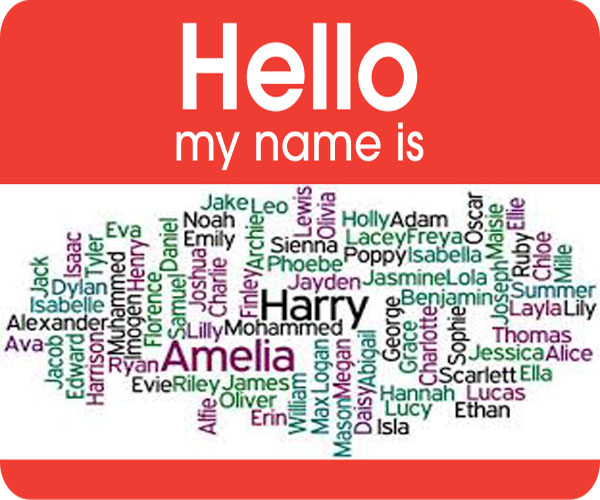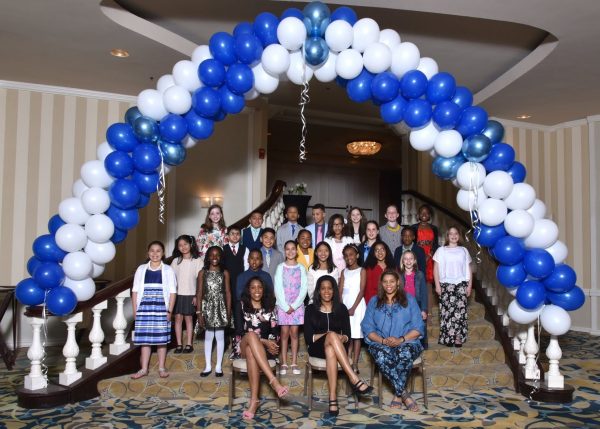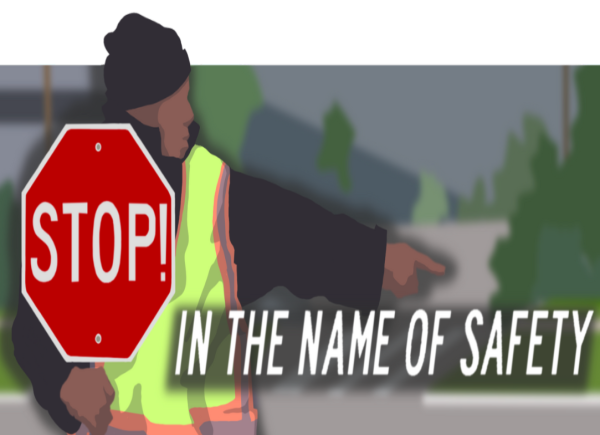Names are a gateway into culture

Your name isn’t just a name.
Names show insight into identity, ethnic significance and values by reflecting the culture.
“I feel that you should value your name regardless of what it is because it’s a great part of your identity,” says Meadgine Ilmet, freshmen. “It’s something special given to you specifically.”
According to Freakonomics “How much does your name matter?”, your name gives more insight into your parents. Parents that having lower-income are more likely to choose an unique name, than parents that having a higher-income.
Out of the parents with a high-income Liberals are 35% more likely to choose an unique name than Conservatives. Liberals are also more likely to pick feminine names, whereas Conservatives are more likely to pick masculine names. Out of parents that pick unique names lower-income parents are more likely to make-up names or change the spelling of a name. Higher-income Liberals are more likely to pick a name that’s a reference that shows higher education.
“I haven’t met another person with my name,” say Pfozjéra Cooper, freshmen. “Its unique and so am I.”
Names can affect what you decide to become and what you tend to like. An article published in Science Focus concluded that psychological humans are more likely to enjoy something if it corresponds with your name because your name reminds them of themselves. For example someone with the name Louis is more likely to move to Louisiana or someone that has ‘D’ as the first letter of there name is more likely to be become a dentist. Also, a person is more likely to pay attention to something if it has the letters of their name in it.
“I like my name because it’s something different,” said Essence Elise, junior. “I believe my name makes a difference in my life. I feel like people look at me and expect something different from me.”
Latanya Sweeney conducted a study that showed, an ad for Instant Checkmate, a site that sells public records, were more likely to show an ad for an arrest record if the name you typed in was a ‘black-sounding’ name even if that person has never been arrested. She choose real names, some white some black, then type it into to Google. The ad would come up and if the person had a ‘black-sounding’ name it was 25% more likely to say that they had an arrest report. If the person had a ‘white-sounding’ name it was more likely to say “Looking for” and then they’re name.
A study conducted at MIT and the University of Chicago found that job applications will “white-sounding names” were more likely to be considered. They created 5,000 fake résumés and sent them out. The results were that names like ‘Tyrone’, ‘Tamika’ were less likely to be considered then their white counterparts, regardless of their experience. The résumés will ‘black’ names were 50% less likely to get a response then ones with ‘white’ name.
Your donation will support the student journalists of the Evanstonian. We are planning a big trip to the Journalism Educators Association conference in Philadelphia in November 2023, and any support will go towards making that trip a reality. Contributions will appear as a charge from SNOSite. Donations are NOT tax-deductible.










